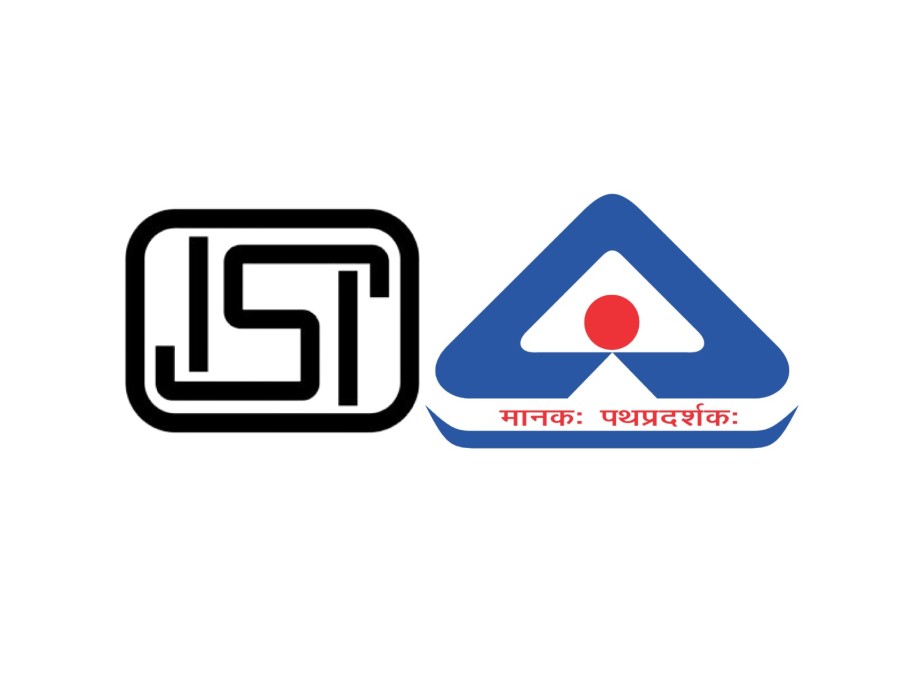Plastic waste management has emerged as a critical challenge in today's world, with its adverse effects on the environment becoming increasingly apparent. As we grapple with the consequences of plastic pollution, it becomes imperative to explore and implement effective solutions. One such solution gaining traction is Extended Producer Responsibility (EPR) registration, which plays a pivotal role in addressing the complexities of plastic waste management.
EPR is a concept that places the responsibility for the management of post-consumer products on producers, requiring them to take responsibility for the entire lifecycle of their products, including disposal and recycling. In the context of plastic waste, EPR registration mandates producers to manage the collection, recycling, and disposal of the plastic products they introduce into the market.
The importance of EPR registration in plastic waste management cannot be overstated. Here are several key reasons why it is crucial:
- Promoting Accountability: EPR registration holds producers accountable for the plastic waste generated by their products. By shifting the responsibility from consumers and local governments to producers, EPR encourages them to adopt sustainable practices and invest in waste management infrastructure.
- Encouraging Recycling: Through EPR registration, producers are incentivized to design products that are easier to recycle and to invest in recycling infrastructure. This promotes a circular economy where plastic waste is collected, processed, and reused, reducing the reliance on virgin plastic and mitigating environmental damage.
- Reducing Landfill Burden: Plastic waste poses a significant burden on landfills, taking hundreds of years to decompose and releasing harmful chemicals in the process. EPR registration aims to minimize this burden by diverting plastic waste away from landfills and towards recycling facilities, thus conserving valuable landfill space and reducing environmental pollution.
- Fostering Innovation: The implementation of EPR registration fosters innovation in plastic waste management technologies and practices. Producers are incentivized to explore alternative materials, improve product design for recyclability, and invest in research and development to optimize recycling processes, leading to technological advancements and sustainable solutions.
- Compliance with Regulations: EPR registration ensures that producers comply with regulatory requirements related to plastic waste management. In many countries, including India, adherence to EPR regulations is mandatory for producers placing products in the market. Failure to comply can result in penalties and legal consequences, emphasizing the importance of EPR registration for regulatory compliance.
In the context of India, the Bureau of Indian Standards (BIS) plays a crucial role in regulating and certifying products, including those related to plastic waste management. ISI Mark Certification, issued by BIS, signifies compliance with specific quality and safety standards set by the government. For producers involved in plastic waste management, obtaining ISI Mark Certification is essential to demonstrate adherence to regulatory requirements and ensure the quality and efficacy of their products and processes.
However, navigating the process of ISI Mark Certification and EPR registration can be complex and challenging for producers. This is where the expertise of an ISI Mark consultant becomes invaluable. ISI Mark consultants are professionals who specialize in assisting businesses in obtaining ISI Mark Certification and navigating regulatory requirements effectively.
By engaging the services of an ISI Mark consultant, producers can streamline the process of EPR registration and ISI Mark Certification, ensuring compliance with regulatory standards while optimizing their plastic waste management strategies. ISI Mark consultants provide expert guidance, assistance in documentation, and support throughout the certification process, enabling producers to meet regulatory requirements efficiently and effectively.





Comments